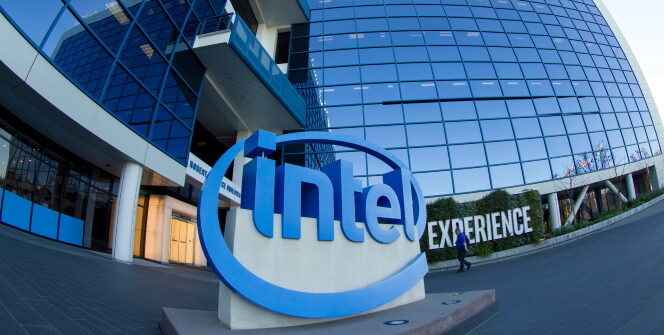TECH NEWS – Gordon Moore is best known for Moore’s Law.
Moore and Robert Noyce were the two people who founded Intel in 1968, and in addition to Moore’s philanthropic foundation, Intel itself has paid tribute to Moore, who has passed away on Friday at the age of 94. According to Intel, which now makes GPUs and processors, the co-founder was a scientist and an executive who passed peacefully into the afterlife, surrounded by his family and friends at his home in Hawaii.
Moore served as Intel’s CEO from 1979 to 1987, then as a senior executive on the board of directors until 1997, when he retired from the US tech giant in 2006. Pat Gelsinger, the current Intel CEO, said of his predecessor: “Gordon Moore defined the technology industry through his insight and vision. He was instrumental in revealing the power of transistors and inspired technologists and entrepreneurs across the decades.”
In 2000, Moore and his wife established the Gordon and Betty Moore Foundation. Created for charitable purposes, the foundation’s goal was to support “scientific discovery, environmental conservation, patient care improvements and preservation of the special character of the San Francisco Bay Area.” However, it is also worth mentioning Moore’s Law. In Electronic Magazine of April 19, 1965, he defined the evolution of circuits this way: “The complexity for minimum component costs has increased at a rate of roughly a factor of two per year. Certainly, over the short term, this rate can be expected to continue, if not increase. Over the longer term, the rate of increase is a bit more uncertain, although there is no reason to believe it will not remain nearly constant for at least ten years.”
In 1975, there were about 5,000 transistors in the chips, and last year, Apple unveiled a consumer dual-die chip with 114 billion! In 2015, Moore recalled this with humor: “Well, once I made a successful prediction, I avoided making another.”
Moore is survived by his wife (Betty), two sons (Kenneth and Steven), and four grandchildren. Rest in peace.
Source: PCGamer










![[TGA 2025] Star Wars: Galactic Racer Focuses on High-Stakes Podrace Runs [VIDEO]](https://thegeek.games/wp-content/uploads/2025/12/theGeek-Star-Wars-Galactic-Racer-302x180.jpg)





Leave a Reply